
Olympic Games. They are multidisciplinary sporting events (Like how EasyBet Casino has multi game tournaments) in which athletes from various parts of the world participate, in ancient Greece they were dedicated to the god Zeus. There are three types of Olympic Games: the Summer Olympic Games, the Winter Olympic Games, and the Youth Olympic Games, which were held for the first time from August 14 to 26, 2010. The first two are held with an interval, of two years since 1992. The organization in charge of carrying them out is the International Olympic Committee (by its abbreviation, IOC).
The present Olympic Games were inspired by activities held at Olympia by the ancient Greeks between 776 BC and 393 BC. The notion of hosting events comparable to those held in ancient times developed in the nineteenth century, and it became a reality thanks to the efforts of French nobleman Pierre Frèdy, Baron de Coubertin.
Five rings make up the Olympic emblem, signifying the world’s five continents: Africa, America (North and South), Asia, Europe, and Oceania. They are connected to represent everyone’s sports relationship.
The inaugural Winter Olympics took place in Chamonix, France, in 1924. They were originally hosted as part of the summer event, but the IOC eventually proclaimed them to be a distinct event, and they began to be held in the same year as the original Games. The IOC agreed to postpone the Winter Olympic Games from Lillehammer 1994 to support the growth of winter sports. The Winter Olympic Games have been staged every two years since then. Summer.
The International Olympic Committee (IOC) agreed in 2007 to introduce a new form of event, the Youth Olympic Games, which would commence in 2010 and 2012 in summer and winter editions, respectively, according to the initiative of its president, Belgian Jacques Rogge.
The last edition of the Olympic Games took place in the city of Tokyo, the capital of Japan, between July and August 2021, the next edition will take place in Paris in 2024.
The Games in the Ancient Era
In ancient Greece, the most prestigious soldiers, writers, intellectuals, or sculptors spent the evening cultivating their muscles in those gyms, which in fact, due to their composition, had a class character, since they only admitted pure citizens, that is, the Ionians, in Athens, and the Dorians, in Sparta, for example. Not even the so-called middle class, Periecos or Metecos, had access to these facilities.
In some way, the conditions of war between the cities must also have had an impact, if one takes into account that the Games stopped the confrontations. In the same sense, the incidence of the physical attributes that were hardening could not be ruled out, both due to the importance of physical culture and in the very heart of the battles.
But the truth is that the Greeks arrived at some Games, which at the time reached a high degree of rigor, because, in its regulation of 12 sections, even the requirement of a certificate of 10 months of prior training is included, something like what it would be today a classification requirement or a minimum mark to access the final.
The name of the Olympics is due to the fact that the Games were held in the Sanctuary of Olympia, in the Peloponnese, in honor of Zeus, and they began with a ceremony and a sacrifice to that deity. The first edition consisted only of a race of 185 or 190 meters (a length of the athletics track) by 32 meters wide and the winner was Coraebo de Élide.
Longer races, wrestling, and the pentathlon, which included discus and javelin throws, cross-country running, long jump, and wrestling, were later added. Boxing, chariot racing, the violent form of wrestling known as pankration, and other sports were later added.
The conquest of Greece by the Romans in the second century before our era brought a gradual flagellation of the Games, since the Romans, although they began by giving the Games a religious character as well, little by little they lost it, due to the exaltation above from those of the person of the Emperor. In the same way, they were also losing rigor until they degraded, turning the competition scenarios into death camps.
Already with an untenable situation, which also touched the powerful Empire, in the year 393, Emperor Theodosius abolished the Olympic Games.
Games in the Modern Age
It took 1,503 for humanity to host the Olympic Games again. Thanks to the work and tenacity of Frenchman Pierre de Coubertin, the lofty moment of glory once again reigned in the stadiums.
The restoration of the Olympic Games in line with the demands of contemporary life will allow representatives of all the nations of the world to gather every four years, and we believe that this peaceful and ethical struggle will create the best internationalism.
Pierre de Coubertin
Coubertin’s Olympic philosophy is based on a profound study of the Greek world and above all on his realization that sport could become an essential element in the formation of man. Of course, in addition to his passion for the Hellenic world, Pierre de Fredi (first name), receives a great influence from various thinkers, especially the Englishman Thomas Arnold, considered by many scholars as to be the father of Modern Physical Culture.
Coubertin, a professor at the famous Sorbonne University in France, conceived his proposal for the revival of the Olympic Games there, where he also received his first critique.
Then arrives on April 10, 1894, and the French manage to create the International Olympic Committee, with only 13 members, Australia, Bohemia, Great Britain, Hungary, France, Russia, Greece, Belgium, Spain, the United States, Holland, Italy, and Sweden. Since then, several definitions have been reached, such as suspension, disqualification, qualification, and others.
The first International Olympic Committee was presided over by the Greek Demetrius Vikelas, with Coubertin serving as Secretary-General. According to the governing organization, the first edition of the Modern Olympic Games will be held on April 6, 1896. At the Panathinaiko Stadium, where approximately 80,000 people were present, King George I of Greece officially opened the world sports festival.
“I declare the inaugural international Olympic Games in Athens open. Long live the country. May the Greek people live long and prosper.”
In the triple jump competition, the American John Conolly unlocked the locker of gold medals by stretching out to 13 meters and 71 cm. A total of 245 participants competed in nine disciplines: athletics, Greco-Roman wrestling, weightlifting, shooting, fencing, tennis, swimming, gymnastics artistic, and cycling. Coubertin’s Hellenic legacy also included the ban of women from the Games. The sports festival was held at the Pericles stadium, which was erected specifically for the occasion.
This first appeal drew responses from 14 countries. The founder pavilions of the Games are Germany, Australia, Bulgaria, Chile, Denmark, the United States, France, the United Kingdom, Greece, Hungary, Sweden, and Switzerland.
Although the American Robert Garrett left the Greeks stunned and frustrated by his triumph in the discus throw, a pioneer test of the Ancient Olympic Games, and in which Garrett was the only foreign contestant, the hosts were overflowing with joy when Spridiom Luis built a bridge with his ancestors by being crowned champion of the marathon race, a modality that Coubertín includes in the Games as a tribute precisely to Greece and in honor of the warrior Philippides who ran 40 kilometers to broadcast the news of the battle of the marathon and indicate that the Persians had invaded. The United States led in swimming, France in cycling, and Germany in gymnastics.
Paris 1900
The second appointment of the Games was, from the organizational point of view, a failure. Paris’s indifference to them plunged them into real disappointment. The competitions lasted five months, from May 20 to October 28, 1900. There was not even an opening ceremony, nor medals for the winners, and few knew where the competitive stages were. The athletes themselves had to pay for their lodging expenses in the French capital.
Everything came to be complicated by including the sporting event within a world exhibition, due to the advent of the 20th century, which left the athletes in the dark. However, the celebration of the II Olympic Games reaffirmed the vitality of Coubertin’s idea. And despite the pitfalls, the Parisian city witnessed great brands and the work of great athletes.
The German-American Alvin Kraenzlein, representing the United States, stands out as the outstanding figure of this version by being crowned in four athletics events: a 60-meter dash. 110 with hurdles, 200 with hurdles, and long jump with impulse. Another great, without a doubt, was the Cuban fencer Ramón Font, who gave Cuba and Latin America their first victory in the Olympic Games.
Also outstanding was the performance of another representative from the United States. Ray Ewry, who nearly became disabled as a child, amazed the world with his three successes in the long jump, high jump, and triple jump. Despite Coubertín’s position, the first female presence in the Games arrives, although very discreet, since there were only six tennis players and one golfer. In total, 1,066 athletes from 20 nations participated in 17 sports.
Types of Olympic Games
The Olympic Games have different types of games and different types of schedules. Every four years, the Summer Olympic Games, every two years for the Winter Olympic Games, and every two years for the Youth Olympic Games. The International Olympic Committee sanctioned the Youth Olympic Games, which were held for the first time in Singapore in 2010.
In the 20th century, the Olympic Games were interrupted by two World Wars, affecting the appointments of Berlin in 1916, Tokyo in 1940, and London in 1944, but the Olympics had come to stay, and since Great Britain celebrated them in 1948, they have not been having interrupted the cycle.
Olympic motto
The Olympic motto is collected in the following sentence: “The fastest, the tallest, the strongest.”
It was made on March 7, 1891, by the French Dominican Henri Didon, a personal friend of Pierre de Coubertin, and officially established as the official Olympic motto at the Paris Congress in 1994.
Coubertin as a pedagogue and sociologist exalts the spirit of struggle as vital constancy.
Rings
The Olympic Symbol contains five rings that represent the world’s continents: Africa, America, Asia, Europe, and Oceania, all of which are connected to symbolize the world’s sporting camaraderie. The International Olympic Committee, based in Lausanne, Switzerland, is responsible for selecting the Olympic Games location six years ahead of time. Jacques Rogge, of Belgium, is the president, and José Ramón Fernández Alvarez, of Cuba, is the president of the Cuban Olympic Committee.
Olympic Anthem
The International Olympic Committee designated the official Olympic Anthem in 1957; it is based on a Greek poem by Cotis Palamas and was set to music by Spirou’s Samaras in 1896, and has been sung at the Olympic Games in Athens since then. It is performed on the first day of the Games to accompany the Olympic flag’s entrance into the stadium.
Olympic Torch
It dates back to the ancient Games, in which a sacred flame burned on the altar of Zeus during a competition. It is reintroduced at the Olympic Games in Amsterdam in 1924 and turned on again in 1932.
Carl Diem, head of the organizing committee for the 1936 Berlin Olympics, proposed that the Torch be lit in Greece and transported to Berlin in a relay race. The idea was accepted and continues to be made since 1952.
The torch is lit in the ancient city of Olympia with the rays of the Sun, which are reflected in a curved mirror, in the midst of a ceremony with women in clothes reminiscent of those ancient times, and then handed over to the first appointed relay.
Greece · IOC · Olympiad · Olympic Games · Olympic Torch · Olympics · Winter Olympics



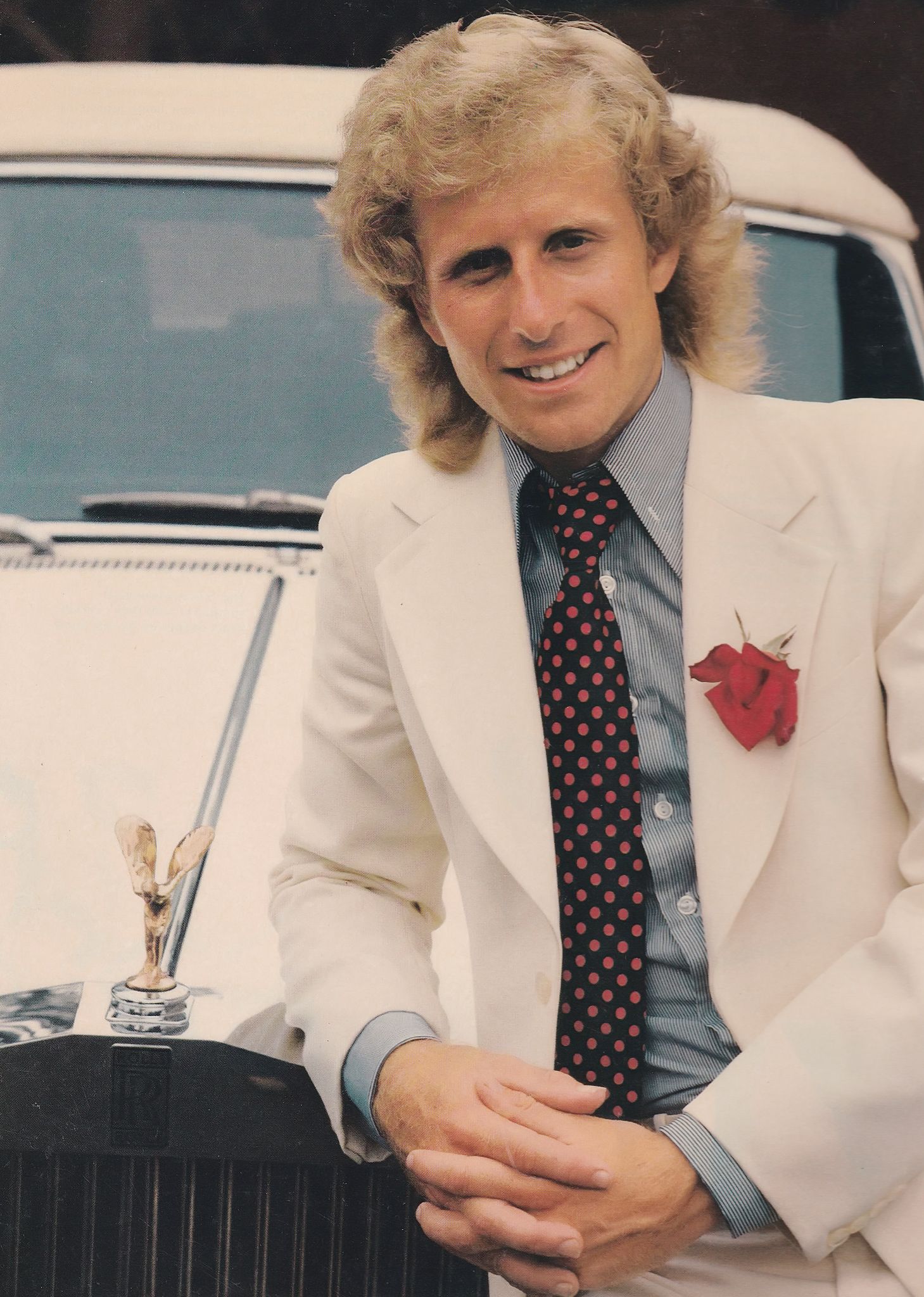
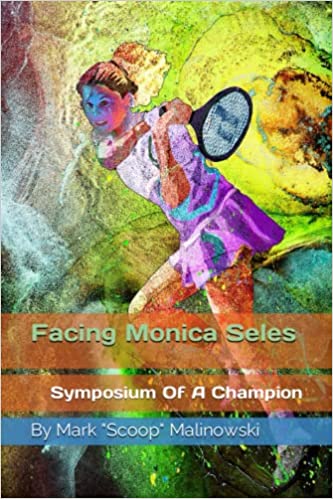
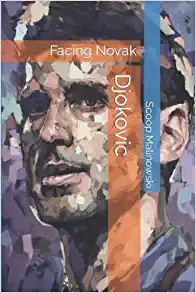
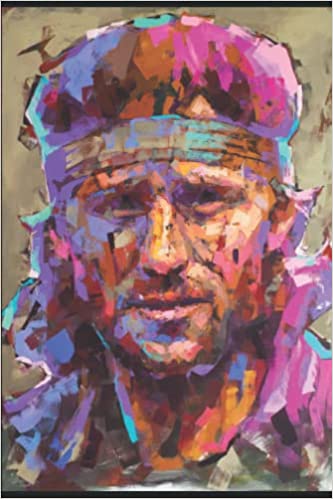
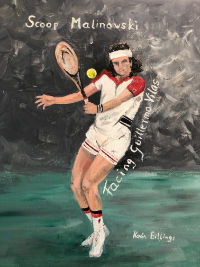
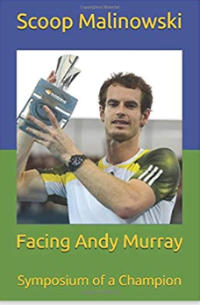
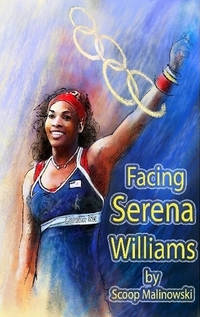
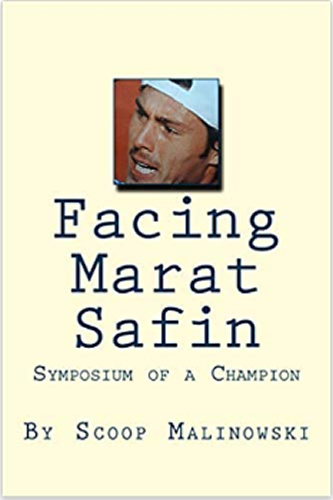
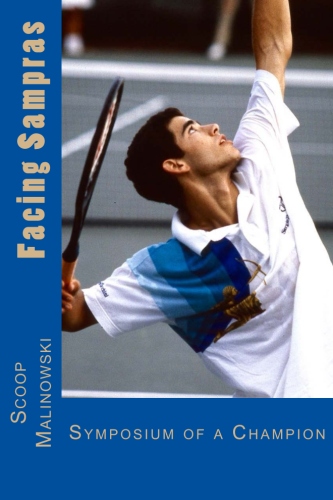
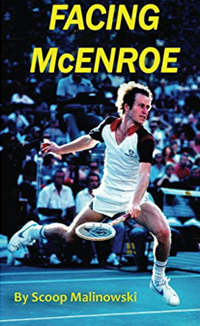
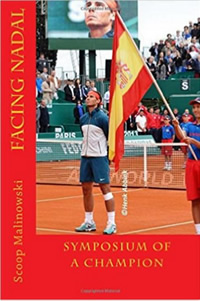
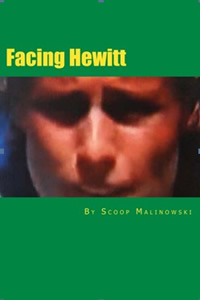
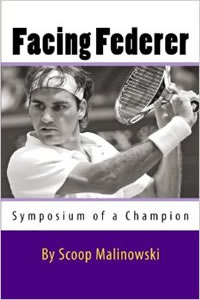
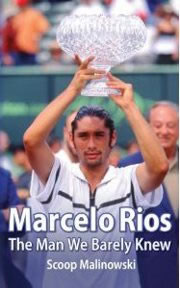



Scoop Malinowski · February 9, 2022 at 11:26 am
Tennis was introduced as an Olympic dmonstration sport in 1984 in Los Angeles (no medals alwarded) and as a medal sport in 1988 in Seoul, Korea, where Steffi Graf and Miloslav Mecir won gold medals in singles.